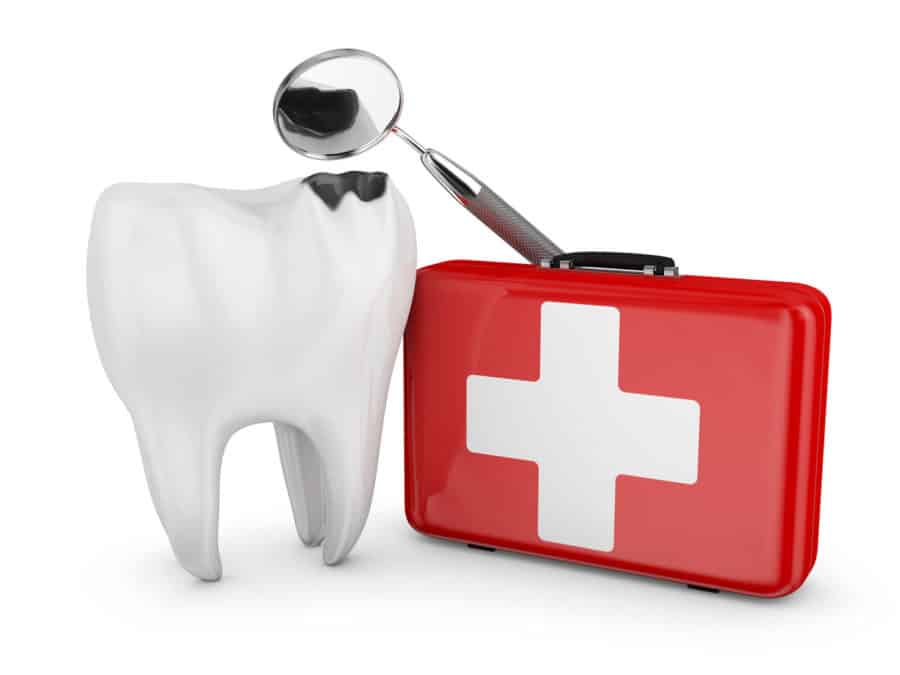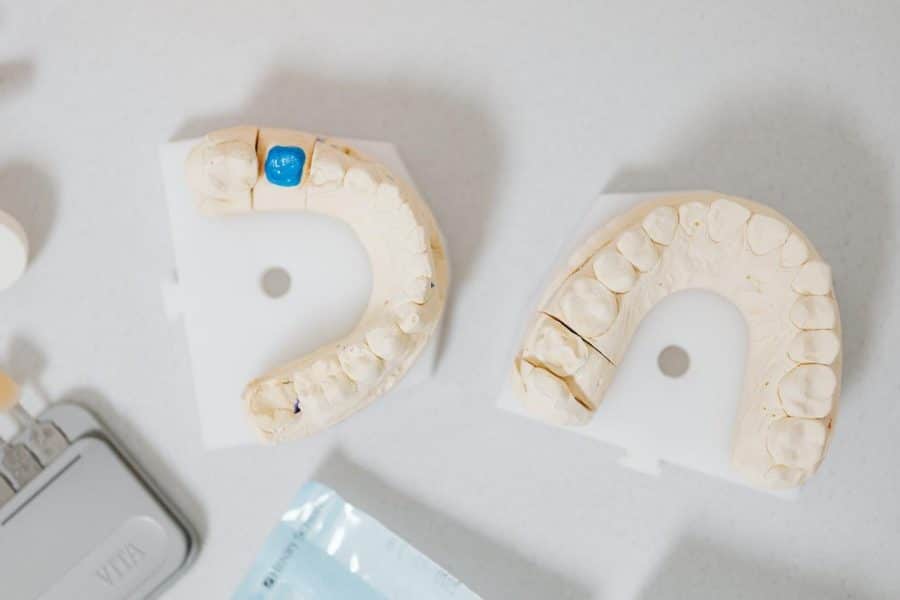Virtually everyone has experienced sleep deprivation due to a throbbing toothache, eagerly waiting for the dental office to open in the morning. However, instead of going through insufferable pain for hours, you’re supposed to ask for emergency dental assistance.
Not all dentists operate within the standard office hours, as some dental treatments have to be handled momentarily. Waiting longer than necessary is likely to result in serious complications such as dental abscesses and severe infections.
These are the main benefits of having a McAllen emergency dentist to contact every time you cope with a dental emergency.
Incredible convenience
One of the greatest benefits of emergency dental care is the excellent convenience that isn’t provided by traditional dentists. Using the services of a regular dentist means having no professional to turn to in the event of an emergency, such as dealing with a dislocated tooth, suffering from an intolerable toothache, or having a terrible gum infection. In such instances, you’ll have no other alternative but look for a home remedy.
Emergency dentists, on the other hand, provide patients with round-the-clock services outside regular working hours. There’s no reason to wait for the night or the weekend to pass in order to contact your doctor. You’re only supposed to contact the office and announce your visit for the staff to be prepared for your arrival.
Address different emergency dental cases
An emergency dentist can provide you with a broad range of emergency dental care services for the following cases:
- Acute dental pain
Throbbing toothache can be debilitating. Acute toothache can be brought about by a cracked or chipped tooth or tooth fracture. Some people shout and cry because of intense dental pain, prompting them to see a dentist as soon as possible. If a cavity causes toothache, the emergency dentist will need to extract the tooth or fill the cavity to resolve the problem.
- Swelling or infection
Gum infection or swelling is another dental emergency. The emergency dentist may need to incise or open up the swollen tissue to drain the pus to ease the problem.
- Post-dental treatment problems or complications
Suppose the patient experiences post-dental treatment complications, such as cellulitis after a root canal. In that case, the emergency dentist may need to put the patient under antibiotic therapy or perform a drainage abscess.
- Other dental emergencies
Emergency dentists can also handle lost or damaged fillings, dentures, bridges, or crowns. They are highly knowledgeable and skilled in treating broken, knocked out, or missing teeth and other dental traumas caused by slips, falls, or vehicular accidents.
No risk of complications
Another crucial benefit of having an emergency dentist is minimizing the risk of complications that might arise from not getting immediate dental care. Most issues tend to evolve into more severe complications if not prevented momentarily, hence spreading not only to other parts of the mouth but other body organs as well. The longer patients wait to get the right treatment the higher the risk of complications.
For instance, tooth decay is likely to result in a myriad of complications like gum disease, otherwise known as gingivitis, which manifests with swollen, painful, and bleeding gums. Even more severe forms of complication are periodontitis and dental abscesses, the latter being particularly serious. These abscesses might induce fever, throbbing pain, or dental sepsis, referring to the infection of the sinuses related to the damaged tooth. Read more about the symptoms, causes, treatment, and home remedies for dental abscesses.
Saving dislocated teeth
Being involved in a minor accident might result in having a dislocated tooth, which might be easily lost if not treated promptly. Nevertheless, emergency dentists are experts in saving dislocated teeth and providing patients with useful tips on preserving the tooth until they arrive in the office.
For instance, such a professional would immediately provide you with a step-by-step guide on putting the dislocated tooth back into its socket in order to get the required moisture. After arriving in the clinic, he/she will take over the treatment by performing the necessary procedures to secure the tooth in its location. Keep in mind that waiting for longer than half an hour for such a treatment might be fatal for your tooth.
Minimizing pain
Another major advantage of having an emergency dentist is not suffering from a throbbing toothache for longer than a few hours until you arrive in the clinic. Toothaches are known for being absolutely pulsating, forcing patients to focus on nothing else but the overwhelming pain. Such pain can last for days until the root of the issue is located by a professional.
Nevertheless, emergency dentists address toothaches momentarily, hence preventing patients from going through agony. These are usually caused by severe tooth decay that should be handled on time in order not to result in extraction. The following link, https://www.news-medical.net/health/Complications-of-Tooth-Decay.aspx, explains the main complications that result from tooth decay.
Better sleep
Ultimately, emergency dental care can save you from spending the night tossing and turning, which is the most likely scenario when suffering from a toothache. Instead of waiting for the morning to come to contact the dentist’s office, you can do it in the middle of the night. Emergency clinics are open at all times to impede pain from affecting the sleep of their patients.
Final thoughts
These professionals are essential in the moments of experiencing toothaches and infections.
It’s paramount to have one!



